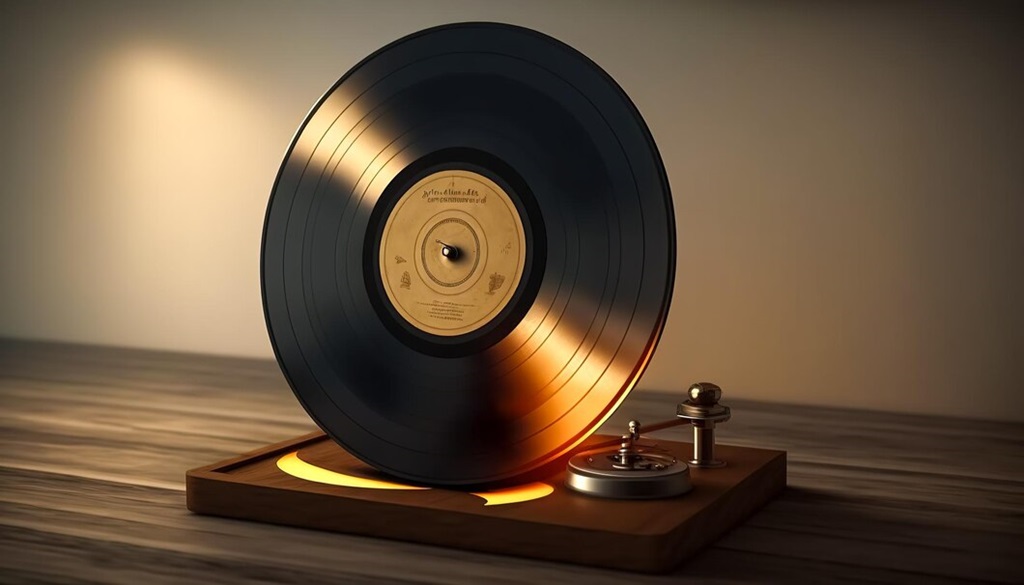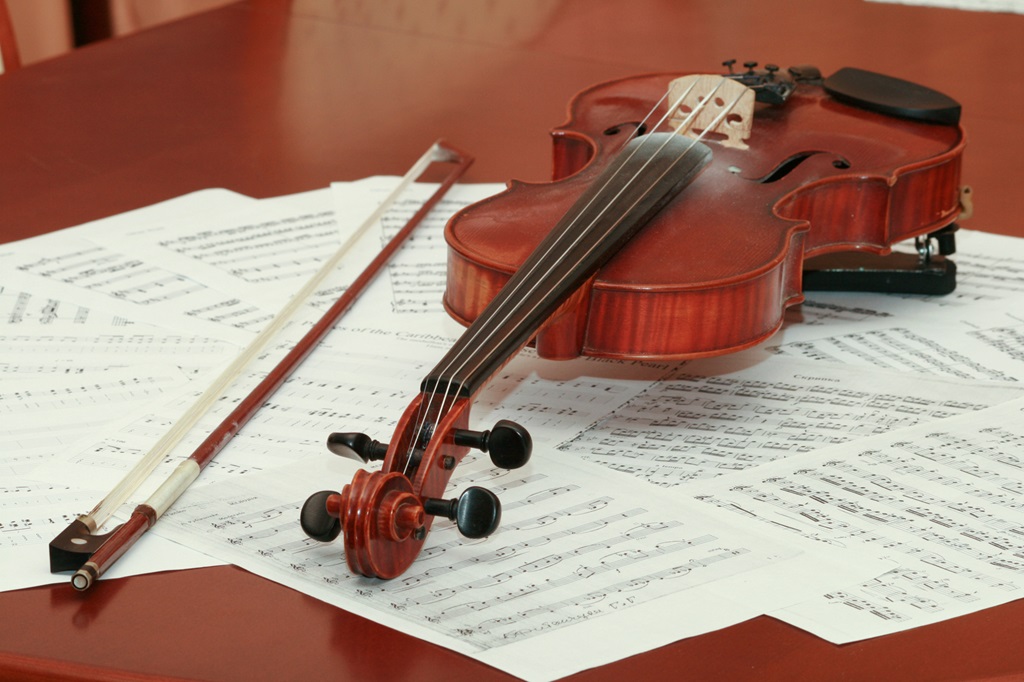
In this article from best online casino slots, we will be giving you tips for learning a music instrument.
1. Start slow, and be patient
Once we know the feeling of proficiency on one instrument, it’s difficult to recall what it was like to be a beginner. Oftentimes, when you pick up a new instrument that you aren’t proficient on, it can be frustrating to be unable to execute the ideas you hear in your head that you could easily execute on your primary instrument. In this scenario, the instinctual response is to try and force the ideas out and push to play beyond your limits on the new instrument. This is a very dangerous approach; at best, you’ll develop a lot of bad habits, and at worst, you could develop performance injuries that might restrict your ability to develop on your new instrument, and possibly even damage your abilities on your primary instrument.
2. Use your existing technical knowledge
If you’re playing an instrument that’s in the same family or similar to your primary instrument in any way, there will likely be some crossover as far as technique goes. You can use this technical background to help you develop faster on your new instrument. Obviously, if you’re a clarinet player who’s trying to learn the drums or a bassist who’s trying to learn the bagpipes, you’re out of luck here. Picking a new instrument to double on that has similarities to your primary instrument is going to lead to the fastest learning and even potential gig opportunities. For example, many violin players double on mandolin and/or viola, sax players often double on flute, drummers learn hand percussion, guitarists learn banjo or lap steel… the list goes on. It’s the technical stuff that you’ll have to build up on your new instrument, so you’ll already have a leg up by leveraging some of the skills you already have.
3. Study up on music theory
Anything and everything you know about music theory can and should be applied to any instruments you choose to pick up. Your knowledge of theory will likely allow you to pick up many concepts on your instrument that might take the average beginner years to understand or master. Once you get a general idea of how your new instrument works, it should be a fairly simple process to use the knowledge you’ve learned on a different instrument to start figuring out basic scales, chords, or arpeggios on your new instrument. Once you’re able to start grasping these, it shouldn’t be too hard to start picking out songs or parts of songs that you’ve learned on your other instrument, courtesy of https://www.bestaucasinosites.com/best-payout-casinos/.
4. Choose music you like
When you decide to learn music, choose an instrument and music that you already like. If you choose something you like the sound of and are interested in, this makes it easier to stay motivated to practice and makes practicing more fun! Have you always loved the thought of playing piano? Do you enjoy the sound of the clarinet? Have you wanted to play drums in a rock band? You should pick an instrument that suits your lifestyle too. If you are constantly on the move, picking a more portable instrument like the clarinet might be preferable. If you have thin walls and cranky neighbors, a digital piano with adjustable volume might be most suitable.
5. Set Goals
Set realistic goals for what you want to learn and how much time you’re able to spend practising. Goal setting helps keep you focused and lets you more easily track your improvements.


 Most Popular Songs With Baby in the Title
Most Popular Songs With Baby in the Title  The Songs Everyone Knows but Not the Name
The Songs Everyone Knows but Not the Name  Get Up and Dance! Songs Like Cupid Shuffle to Keep the Party Going
Get Up and Dance! Songs Like Cupid Shuffle to Keep the Party Going  How to Memorize Violin Note Chart Quickly?
How to Memorize Violin Note Chart Quickly? 


